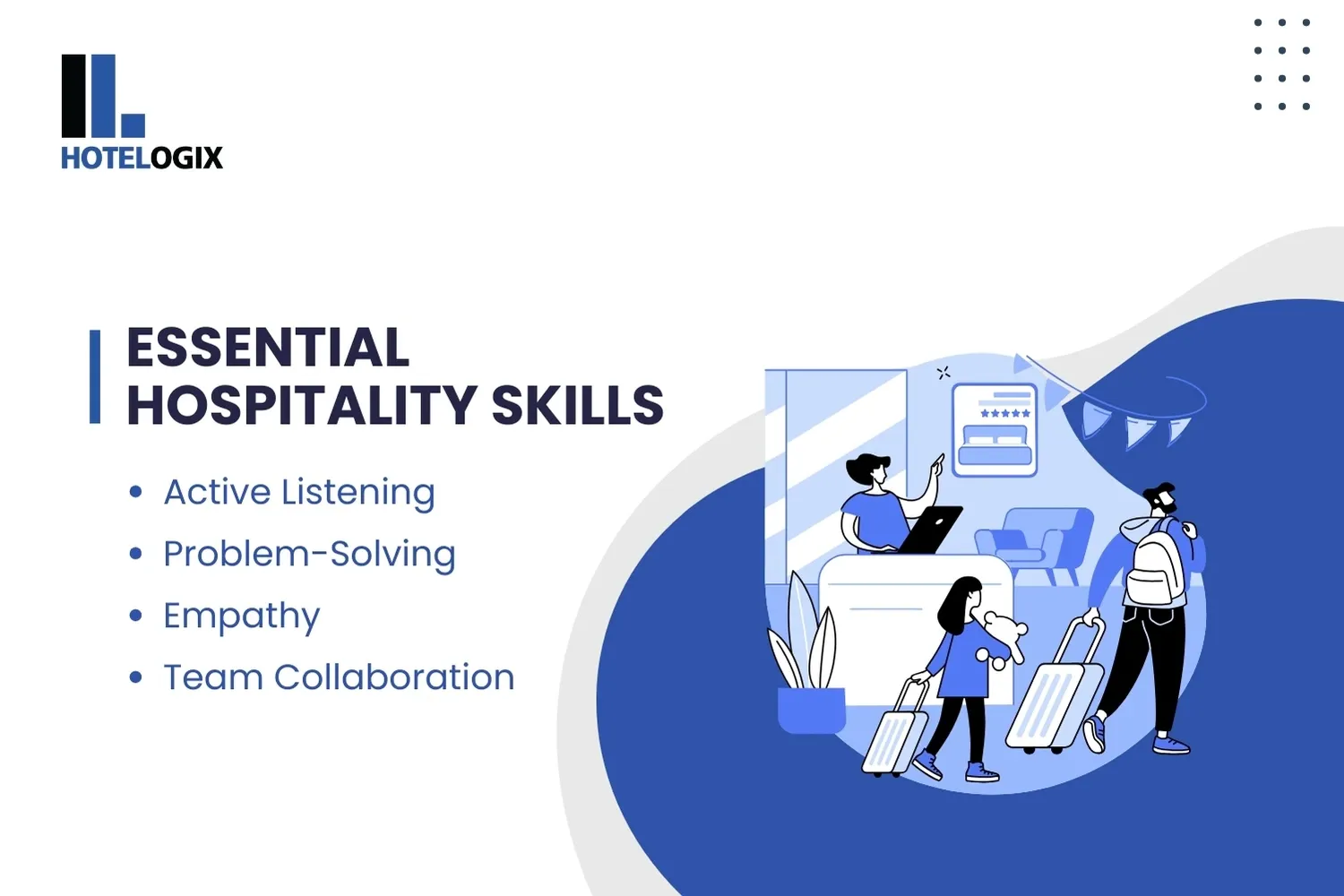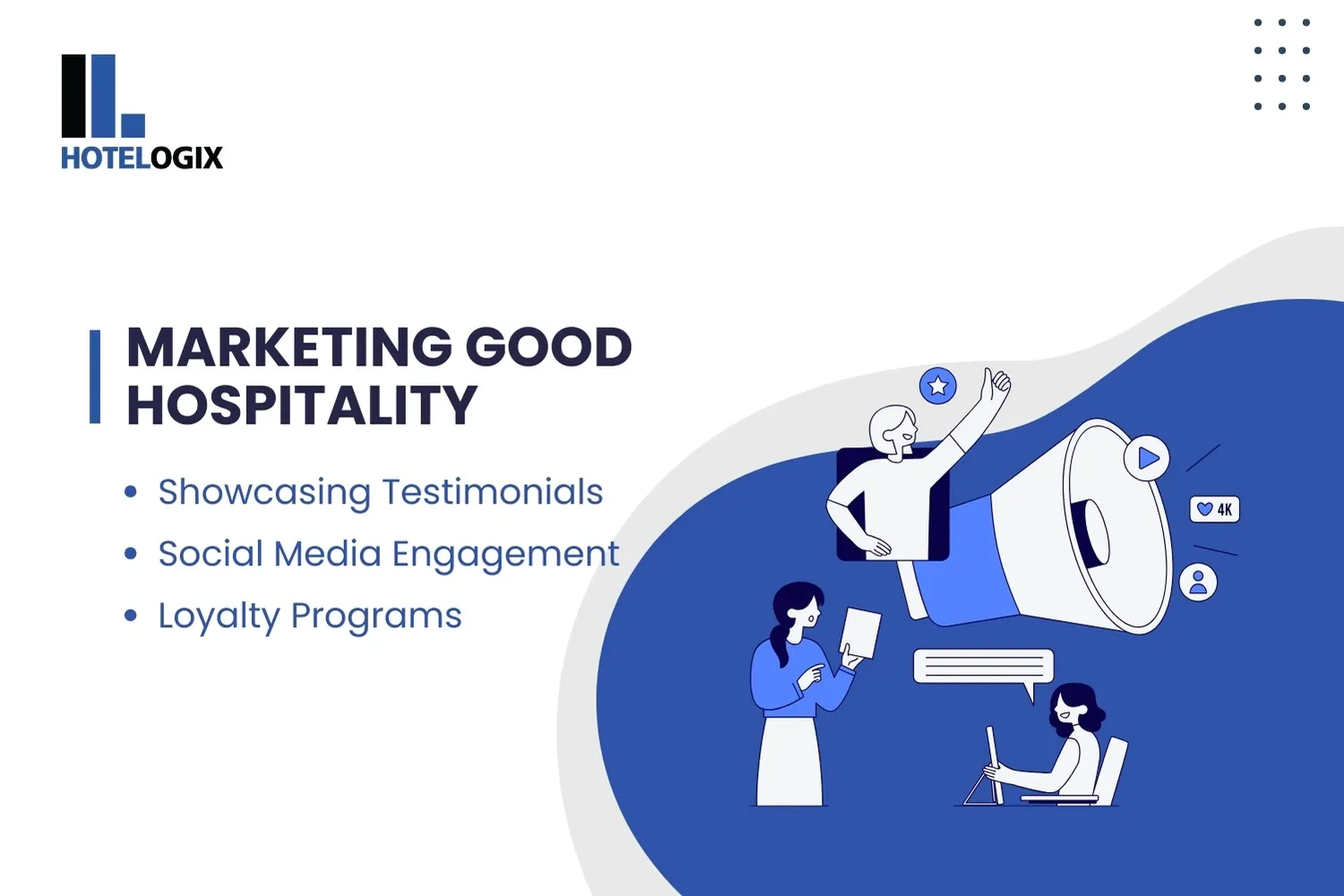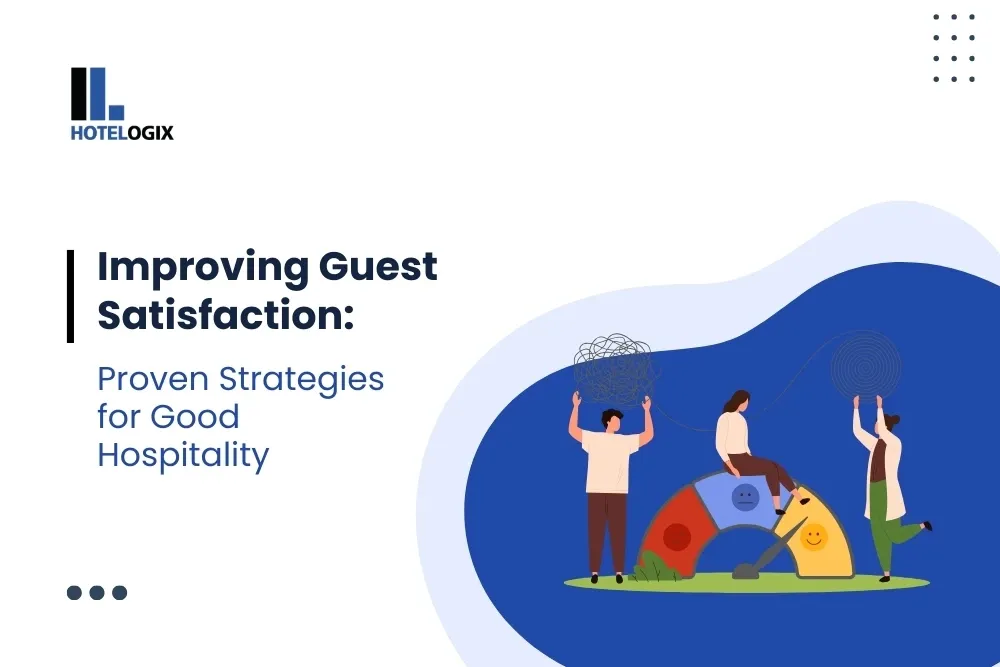In the competitive landscape of the hospitality industry, guest satisfaction is a critical determinant of a hotel’s success. With the average daily rate (ADR) for U.S. hotel rooms reaching $158.45 in May 2024—the second-highest on record—guests’ expectations have escalated accordingly. Hotels that fail to meet these heightened expectations risk negative reviews, diminished loyalty, and decreased revenue. This article explores actionable strategies to enhance guest satisfaction, ensuring memorable experiences that foster repeat business and positive word-of-mouth.
Understanding Guest Satisfaction
Guest satisfaction measures how well a hotel’s services align with or surpass guest expectations. High satisfaction levels are linked to positive reviews, repeat patronage, and increased revenue. Conversely, dissatisfaction can tarnish a hotel’s reputation and adversely affect its financial performance. A study by J.D. Power indicates that perceived value is crucial; guests who feel they receive good value for the price are more likely to report higher satisfaction levels.
Importance of Hospitality
Hospitality is the bedrock of the hotel industry, profoundly influencing guest experiences and perceptions. Exceptional hospitality not only garners favorable reviews and fosters loyalty but also serves as a differentiator in a saturated market. In contrast, subpar service can deter potential guests and erode a hotel’s competitive edge. According to industry insights, satisfied guests are more likely to return and recommend the hotel to others, amplifying its market presence.
Essential Hospitality Skills
To deliver outstanding hospitality, staff should cultivate the following competencies:

Active Listening
Attentively comprehending guest needs ensures their concerns are addressed promptly and effectively, leading to enhanced satisfaction and trust. For instance, staff trained in active listening can preemptively identify and resolve potential issues before they escalate.
Problem-Solving
Swiftly resolving issues not only ameliorates immediate concerns but also demonstrates a commitment to service excellence, reinforcing guest confidence. Hotels that empower employees to make on-the-spot decisions often see higher guest satisfaction scores.
Empathy
Recognizing and responding to guests’ emotions fosters a welcoming and supportive environment, making guests feel valued and understood. Training programs focusing on emotional intelligence have been shown to improve guest interactions significantly.
Team Collaboration
Coordinated efforts among staff ensure seamless service delivery and operational efficiency, which are critical for maintaining high service standards. Effective internal communication reduces errors and enhances the overall guest experience.
Enhancing Guest Experience
Implementing the following strategies can significantly elevate guest satisfaction:
Personalized Services
Tailoring services to individual preferences makes guests feel valued and enhances their overall experience. Notably, 70% of guests prefer personalized offers, underscoring the financial benefits of customization.
Leveraging Feedback
Actively seeking and implementing guest feedback demonstrates a commitment to continuous improvement. Collecting feedback at various touchpoints allows hotels to accurately gauge satisfaction levels and identify areas for enhancement.
Technology Integration
Utilizing technology, such as mobile apps for check-in and room customization, streamlines services and enhances convenience. Hotels leveraging data analytics can anticipate guest needs, creating unique and memorable stays.
Creating Comfort
Ensuring rooms are clean, well-maintained, and equipped with essential amenities contributes significantly to overall guest comfort and satisfaction. Attention to detail in room quality has been linked to increased positive guest mentions.
Marketing Good Hospitality
Effectively promoting a hotel’s commitment to exceptional service can attract new guests and retain existing ones:

Showcasing Testimonials
Sharing positive guest reviews builds credibility and trust with potential customers, serving as powerful endorsements of the hotel’s service quality. Featuring testimonials on the hotel’s website and social media platforms can influence prospective guests’ booking decisions.
Social Media Engagement
Social media is a powerful tool to showcase a hotel’s hospitality. Sharing guest stories, behind-the-scenes moments, and staff highlights builds trust and connection. Engaging with guest content and responding quickly boosts loyalty and visibility. Platforms like Instagram and TikTok help turn great service into social proof that inspires bookings.
Loyalty Programs
Loyalty programs are a proven way to retain guests and encourage repeat bookings. According to a 2024 report by BCG, 82% of hotel guests say they are more likely to stay at a property that offers personalized rewards. These programs not only offer discounts but also help build emotional connections through exclusive perks like early check-ins, free upgrades, or personalized thank-you notes. To stand out, hotels should focus on value-driven and unique loyalty benefits tailored to their audience—especially millennials and Gen Z travelers, who value experience over discounts.
Case Studies
Learning from top-performing hotels offers practical insights into creating memorable guest experiences. These hospitality leaders prove that exceptional service goes beyond operations—it’s about culture.
The Taj Mumbai
The Taj exemplifies India’s rich hospitality, treating guests with utmost respect and care. Their rapid response during the 2008 crisis showed courage, earning global admiration and loyalty. The Golden Keys concierge team showcases proactive service by anticipating guest needs effortlessly.
Blackberry Farm, Tennessee
Blackberry Farm is renowned for its warm, personalized guest experiences and 70% return rate. With farm-to-table dining and high staff-to-guest ratios, they focus on emotional connections. Every guest interaction, from check-in to farewell, is thoughtfully designed.
Implementing Strategies
Understanding best practices is only the first step—embedding them into daily hotel operations is where transformation happens.
Staff Training
Consistent training improves service quality and staff confidence, leading to happier guests. Focus on soft skills like empathy, communication, and problem-solving to empower your team. Structured learning programs help make excellence routine, not rare.
Standard Procedures
SOPs create consistency, reduce errors, and ensure every guest receives high-quality service. From welcoming guests to resolving complaints, clear guidelines drive smooth operations. SOPs also help in onboarding new staff quickly and maintaining service benchmarks.
Performance Metrics
Tracking key performance indicators like GSS, NPS, and review ratings helps identify strengths and gaps. Fast response times and guest feedback trends are early indicators of service quality. Use these insights to reward teams and continuously fine-tune operations.
Smart Tech with Hotelogix
Designed for efficiency and ease, Hotelogix automates everyday front desk tasks like bookings, check-ins, room changes, billing, and housekeeping coordination—all in one place. This means fewer errors, faster service, and more time for your staff to focus on guests rather than paperwork. The system updates in real-time, ensuring all departments—from housekeeping to reception—stay aligned and responsive.
What sets it apart is its ability to scale effortlessly, whether you’re a boutique hotel or a multi-property group, offering features like multi-device access, centralized data, and seamless POS integration. Plus, it works hand-in-hand with Hotelogix’s Web booking engine and channel manager, helping you optimize inventory, maximize direct bookings, and maintain consistent guest experiences across all platforms.
With these tools in place, hotels can maintain service consistency, boost staff productivity, and ultimately improve guest satisfaction across the board.
By empowering staff with smart tools, Hotelogix helps turn good hospitality into an everyday reality.
Conclusion
In an age where hotel guests have endless options, hospitality is your most powerful differentiator. By nurturing key skills, leveraging tech and personalization, and turning satisfied guests into vocal advocates, you create experiences that resonate far beyond the stay.
Remember: a luxurious bed doesn’t create a loyal guest—genuine human connection does. Make hospitality your competitive advantage, and long-term success will follow.

